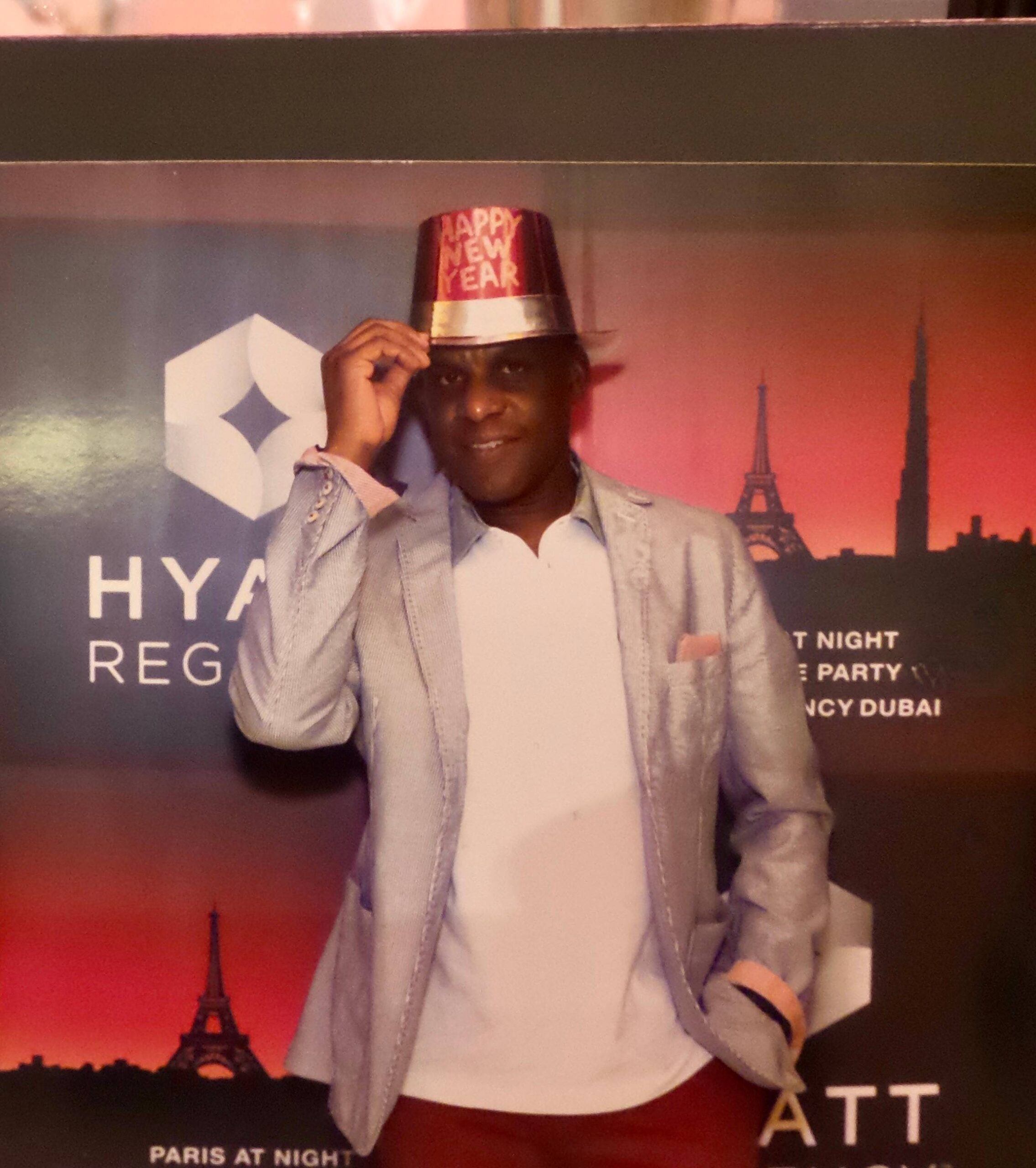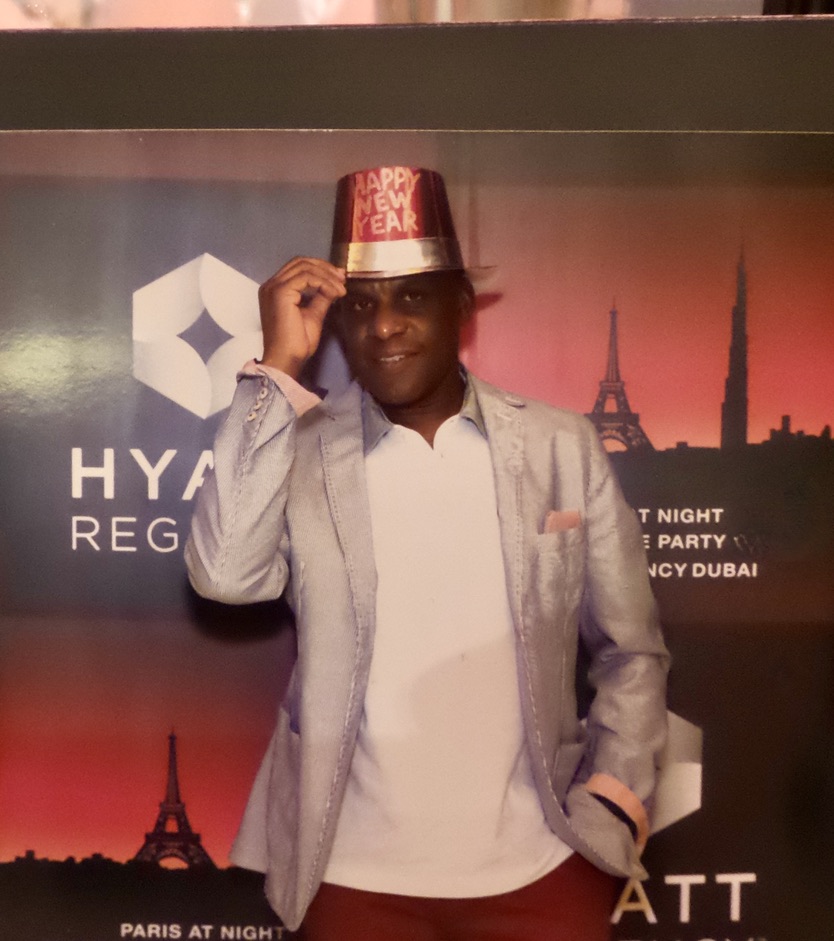Not all revolutions start with protests, banners, and headlines.
Some start quietly — with a group of people simply deciding to live differently.
That’s what’s happening right now with Gen Z workplace disengagement— those born between 1997 and 2012. According to recent research, a staggering 91% of Gen Z workers admit they are switching off — a trend experts call Gen Z workplace disengagement.
They’re not walking out the door. They’re not staging walkouts.
They’re simply… switching off.
And whether you see that as a crisis or a wake-up call depends on how you define success.
The Myth of the ‘Hustle Generation’
For years, the workplace ideal has been the “hustle” — putting in long hours, always being available, climbing the ladder at all costs.
It’s an idea older generations often wear as a badge of honour: I worked 70-hour weeks, so you should too.
But Gen Z is calling time on that mindset.
Not because they’re lazy — but because they’ve watched what hustle culture has done to the people before them:
- Burnout
- Mental health crises
- Family breakdowns
- A life that’s all work, no joy
They’re asking a different question: What’s the point of working yourself into the ground if you can’t enjoy the life you’re building?
Redefining Ambition and Gen Z Workplace Disengagement
Ambition used to mean climbing the corporate ladder as fast as possible.
For Gen Z, ambition often means:
- Earning enough to live comfortably, not excessively
- Protecting their mental health
- Having time for friends, family, and hobbies
- Working for companies that align with their values
- Seeking flexibility over prestige
In other words, they’re redefining success from “more” to “enough” — and that’s rattling the system.
The Reality Employers Can’t Ignore
If 91% of a whole generation is disengaged, that’s not a Gen Z problem.
That’s a workplace culture problem.
When Gen Z workplace disengagement happens, it’s often because:
- They feel undervalued or unheard
- They’re overworked without fair reward
- They see no clear path for growth
- They believe their role lacks meaning
- They’ve lost trust in leadership
And here’s the kicker — this disengagement is contagious.
Once it takes root, it spreads across teams, ages, and job titles.
A Clash of Perspectives
Some managers see Gen Z’s shift as entitlement.
Gen Z sees it as self-preservation.
Older generations may say: “When I was your age, I worked 12-hour days and never complained.”
Gen Z responds: “And look what it did to your health, your family, your happiness. Why would we repeat that?”
It’s not rebellion for the sake of rebellion — it’s a rejection of a broken model.
What This Means for the Rest of Us
This isn’t just about Gen Z. Their choices are sending ripples through the whole workforce.
Millennials, Gen X, and even some Boomers are looking at the Gen Z mindset and thinking, They might be onto something.
If the youngest workers are normalising boundaries, insisting on mental health support, and seeking purpose-driven work…
…it creates permission for everyone else to question the old rules too.
How Leaders Should Respond to Gen Z Workplace Disengagement
If you lead a team, manage a business, or influence workplace culture, here are three shifts worth making:
1. Value Output Over Hours
Stop rewarding presenteeism. Start rewarding results.
If someone can deliver excellent work in 6 hours instead of 10, that’s a win — not a problem.
2. Make Wellbeing Non-Negotiable
Mental health support, flexible schedules, and fair workloads aren’t “perks” anymore — they’re basic business requirements if you want engaged staff.
3. Listen, Then Act
Don’t just run engagement surveys for show. Take the feedback seriously and make visible changes.
A Personal Reflection
I’ve worked with organisations across industries — from the NHS to the corporate boardroom — and I can tell you this: disengagement rarely starts with the employee.
It starts when the environment stops supporting them.
When the only recognition for hard work is… more hard work.
When their role feels like a cage, not a launchpad.
Gen Z has simply decided not to wait 20 years to admit it.
The Bigger Question
Maybe the real conversation isn’t about Gen Z at all.
Maybe it’s about all of us.
💬 What if the way we’ve been defining ambition is no longer sustainable — for anyone?
If ambition means sacrificing health, relationships, and happiness for a job title, maybe it’s time for a rewrite.
Your Move
Whether you’re Gen Z, Millennial, Gen X, or Boomer — take a moment to check in with yourself:
- Are you working in a way that supports your life, or drains it?
- Are your ambitions truly yours, or inherited from someone else’s definition of success?
- If you could change one thing about your work-life balance tomorrow, what would it be?
And if you lead others, ask yourself:
Am I creating an environment where people want to give their best — or just enough to get by?
Because here’s the truth: when 91% of a generation is switching off, the solution isn’t to push harder.
It’s to build a workplace they actually want to switch on for.
Mike Lawrence: Your Guide to Health & Wellbeing
I’m Mike Lawrence, a passionate advocate for mental health and wellbeing. After overcoming significant health challenges, including brain surgery, I’ve dedicated myself to a journey of self-improvement and helping others thrive. From heart-pounding skydives for charity to soul-enriching travels in Thailand, my experiences have shaped my approach to holistic health.
I love sharing the lessons I’ve learned from these adventures and the powerful audiobooks I devour. Let’s explore the paths to better mental and physical health together. Embrace life’s adventures with enthusiasm and resilience, and remember—you’re never alone on this journey!
Feel free to email me at hello@mikelawrence.co.uk or connect with me on LinkedIn. For more in-depth insights and inspiring stories, read my latest blogs here. Together, let’s create a healthier, happier future!





